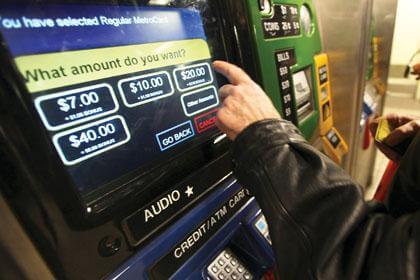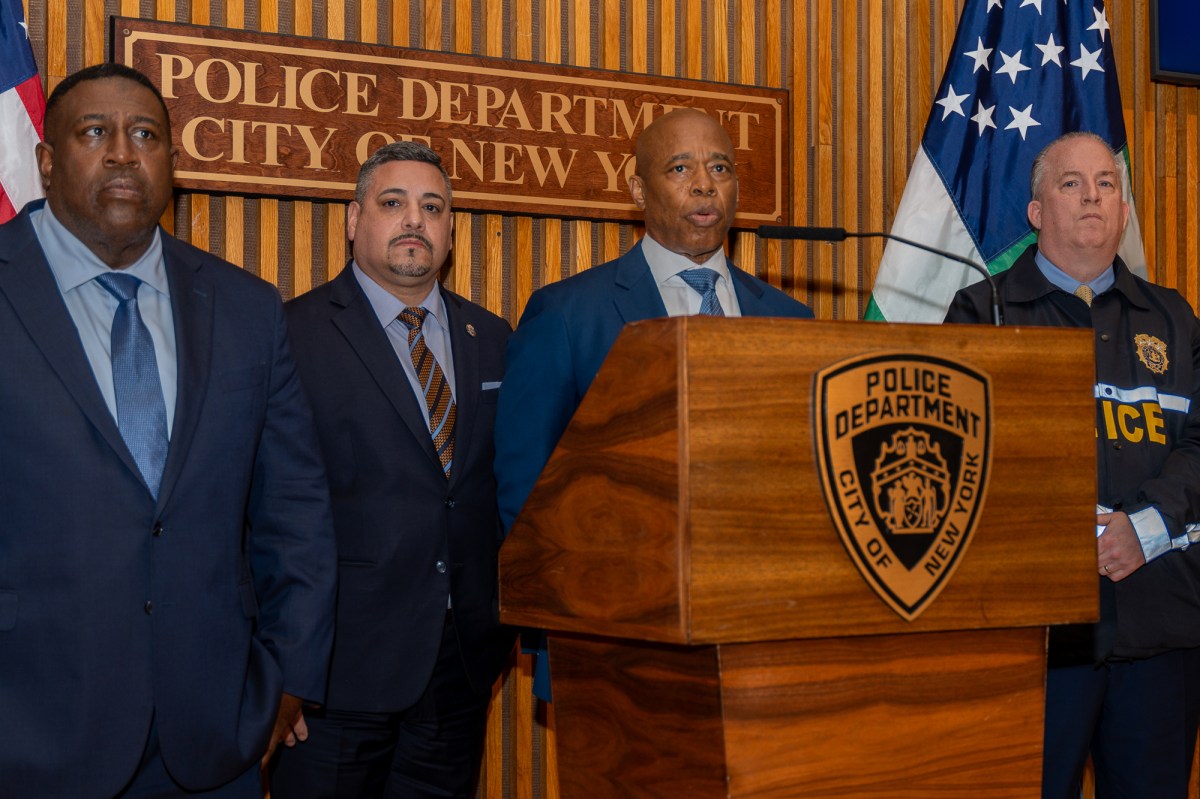By Philip Newman
Transit officials are in desperate need of a way to avoid hiking fares by as much as 15 percent and a solution worth reconsidering is congestion pricing, a news analysis says.
The Drum Major Institute said if nothing is done, “the Metropolitan Transportation Authority will be forced to cut vital services and raise fares by a least 15 percent, much more than has been reported in the press.”
“The price of a 30-day MetroCard would rise above $100 for the first time,” the agency said.
“These measures would have a devastating impact on New York’s economy, where one in three workers in the region and over half of city workers use mass transit to get to work,” the nonpartisan institute for public policy said.
“Middle-class families would be hit especially hard by these measures; this report reveals that a transit-dependent family of four would pay $2,300 more a year in transit fares and receive far less service in return,” the institute said.
It urged city and state leaders to “act quickly to resurrect the idea of congestion pricing, which died a very premature political death in 2007, to stave off these devastating service cuts and fare increases.”
The institute said that charging commuters who drive their cars to enter the Manhattan during peak business hours “would be the most responsible, equitable and sustainable solution to the MTA’s budget crisis and ensure the region will continue to make critical investments in the mass transit system.”
The report said only 5 percent of those who work in Manhattan’s central business district drive cars and that those who drive tend to have higher incomes than other commuters with a median income of $51,021 vs. $39,247 for other commuters.
The Drum Major Institute said congestion pricing would:
• offset drastic service cuts and fare increases in 2011,
• allow the MTA to reduce its long-term reliance on costly borrowing,
• create a permanent revenue source for long-term maintenance, repair and expansion of the mass transit system,
• benefit middle-class New Yorkers, the overwhelming majority of whom rely on mass transit if they commute to work in the central business district,
• ensure that all commuters into the central business district share responsibility for maintaining the region’s mass transit system and
• reduce traffic congestion and increase travel speeds both in the central business district and in outer borough neighborhoods.
“The MTA’s long-term budget troubles are the direct result of declining contributions from the state and city,” the report said. “Both have forced the MTA to turn to borrowing to fund its capital needs — replacement and repair of tracks, trains and buses — that keep the system running. Since 1987, capital funding contributions from local and state government have plummeted while the amount of long term borrowing has skyrocketed.”
The report said the borrowing of more than $24 billion “has led to the acute crisis we are in today; as huge debt payments eat up larger portions of the operating budget, the MTA is facing ever larger budget deficits.
“In 2009, the MTA paid $1.4 billion in debt service out of its operating budget and by 2013 that amount will grow to $2.4 billion,” the report said. “On top of the debt payments, the MTA must [by law] balance its budget despite decreased contributions from New York state and declining tax revenue.”
The report said congestion pricing would provide the mass transit system with some $420 million a year, “which could be used to prevent future service cuts and keep fare increases to a minimum.”
The Drum Major Institute said congestion pricing would reduce auto traffic within the congestion zone by 11 percent and increase travel speeds in the central business district by more than 7 percent.
“After London implemented its congestion pricing, travel speeds increased by 37 percent,” the analysis said.
Congestion pricing is estimated to reduce congestion by 37 percent in Long Island City and 29 percent in downtown Brooklyn, the report said.
Mayor Michael Bloomberg is an advocate for congestion pricing, but it is subject to approval by the state Legislature. Opposition was so great in 2007 that it was never presented for a vote by the state Assembly and state Senate.
Reach contributing writer Philip Newman by e-mail at timesledgernews@cnglocal.com or phone at 718-260-4536.
































